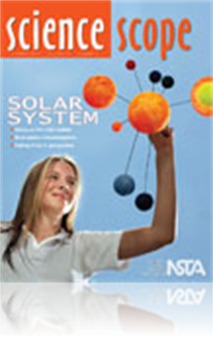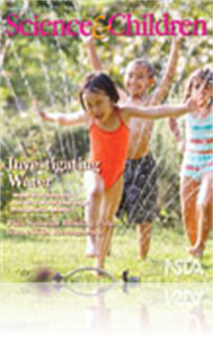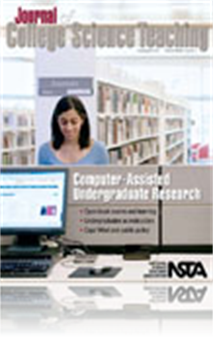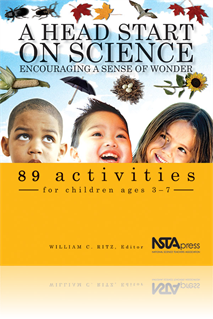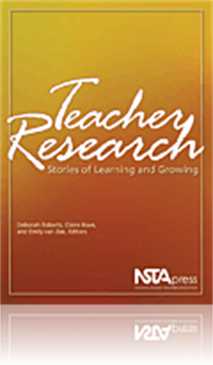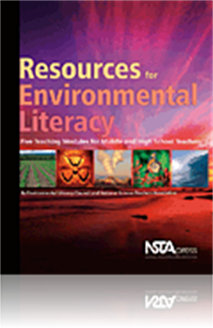All Resources
Journal Article
Teacher’s Toolkit: It’s a big, busy solar system
Anyone who teaches about the solar system can’t help but be impressed by the vast array of solar system objects, all of the robotic explorers, and the rapidly evolving view of each object and the systems they inhabit. Far from being a disconcerting...
Journal Article
Science Sampler: The Science Belief Quiz
The Science Belief Quiz is an online instrument that was developed to assess and increase student understanding of science concepts and to combat misconceptions. The following are four items from the quiz related to astronomy. A follow-up teacher dem...
Journal Article
Science Sampler: How long is your day?
The tilt of the Earth on its axis and the manner in which sunlight strikes the Earth remains one of the most misunderstood concepts taught in an introductory astronomy course. The misconceptions that surround the reasons for the seasonal variations w...
Journal Article
“You worked hard digging that hole,” “You really had to work to push that wagon,” and “Climbing on the monkey bars is hard work,” are phrases commonly heard on the playground. Children love to try difficult physical tasks that require ...
Journal Article
Every Day Science Calendar: August 2007
This monthly feature contains facts and challenges for the science explorer. ...
Journal Article
Cape Wind: A Public Policy Debate for the Physical Sciences
Since the industrial revolution, technological innovation and the application of basic scientific research have transformed society. Increasingly, critical conversations and legislation regarding national and international public policy have sophisti...
Journal Article
Science Shorts: A Matter of Volume
You may have frozen water in a bottle to take hiking or camping. Perhaps you’ve had the unfortunate experience of filling the bottle too full and discovering that the ice burst out of its container. This change in volume in going from a liquid to a...
Journal Article
Constructivism has become a widely understood and broadly accepted learning theory. Constructivism contends that each of us makes sense of our world by connecting new experiences to our existing understandings. Learners, as they encounter new situati...
Journal Article
The after-school science club at Galtier Math, Science, and Technology Elementary Magnet School in St. Paul, Minnesota, learned some valuable lessons when they took newfound knowledge about pollution into their homes. After learning about the effect...
eBook
A Head Start on Science: Encouraging a Sense of Wonder (e-Book)
For the littlest scientists, the whole wide world can be a laboratory for learning. Nurture their natural curiosity with A Head Start on Science, a treasury of 89 hands-on science activities specifically for children ages 3 to 6. The activities...
Book Chapter
How Can Playing With a Motion Detector Help Children Learn to Write Clear Sequential Directions?
Kathleen Dillon Hogan is a kindergarten teacher in the Calvert County, Maryland, public schools. When this paper was written, she was a first-grade teacher at Hyattsville Elementary School in Hyattsville, Maryland. Kathleen heard a colleague describe...
Book Chapter
This curriculum, A Head Start on Science, was written to help adults facilitate young children’s learning as they work as partners to explore their world. This complimentary Introduction serves as a navigational tool for early childhood teachers ...
Book Chapter
Introduction: The Environmental Context
The argument for teaching science in the environmental context is based on the reality of the science-environment relationship and on the potential that contextual teaching has for contributing to valuable student learning. At the same time, it must ...



